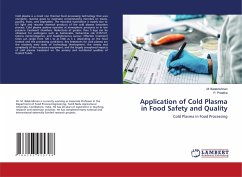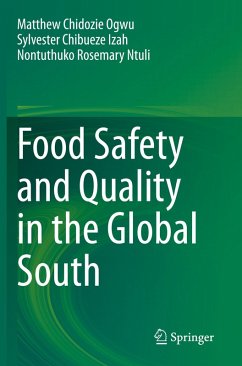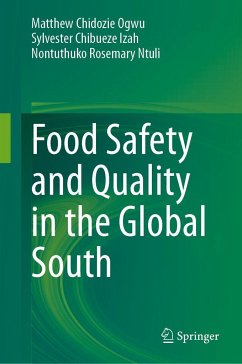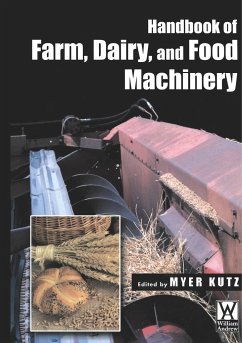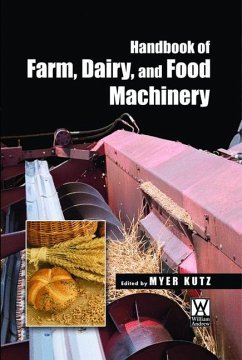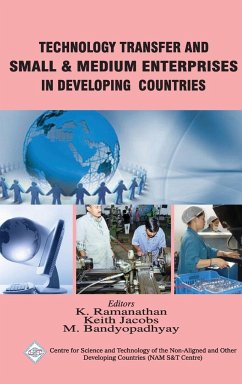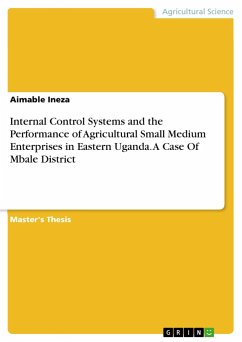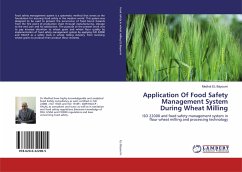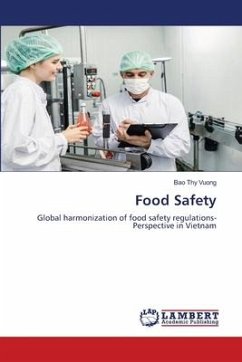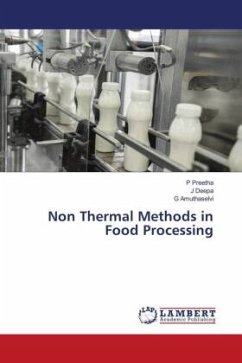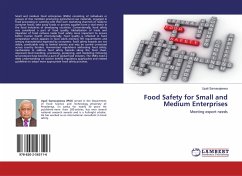
Food Safety for Small and Medium Enterprises
Meeting export needs
Versandkostenfrei!
Versandfertig in 6-10 Tagen
25,99 €
inkl. MwSt.

PAYBACK Punkte
13 °P sammeln!
Small and medium food enterprises (SMEs) consisting of individuals or groups of few members producing agricultural raw materials, engaged in food processing or catering with their own marketing channels of ready-to consume foods, take away foods or grocery supplies form a vital sector in the food industries of developing countries. Conventionally, food safety was considered a part of food quality. Globalization of trade and migration of food cultures made food safety more important to ensure better human health internationally. Food quality is reflected in food composition which appears in foo...
Small and medium food enterprises (SMEs) consisting of individuals or groups of few members producing agricultural raw materials, engaged in food processing or catering with their own marketing channels of ready-to consume foods, take away foods or grocery supplies form a vital sector in the food industries of developing countries. Conventionally, food safety was considered a part of food quality. Globalization of trade and migration of food cultures made food safety more important to ensure better human health internationally. Food quality is reflected in food composition which appears in food labels meeting TBT requirements and sensory characteristics expected by consumers. Food safety hazards are not visible, predictable only to limited extents and may be carried unnoticed across country borders. Harmonized regulations addressing food safety, mechanisms to address food safety hazards along the food chain, improved food handling, processing, preserving, and marketing following set protocols have become a part of global food industry. The SMEs need a deep understanding on science behind regulatory approaches and related guidelines to adopt more appropriate food safety practices.



